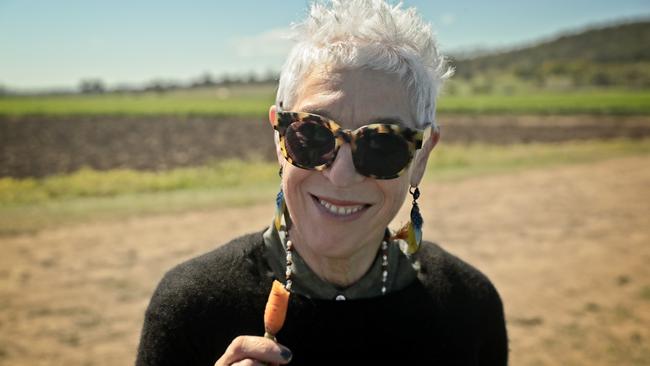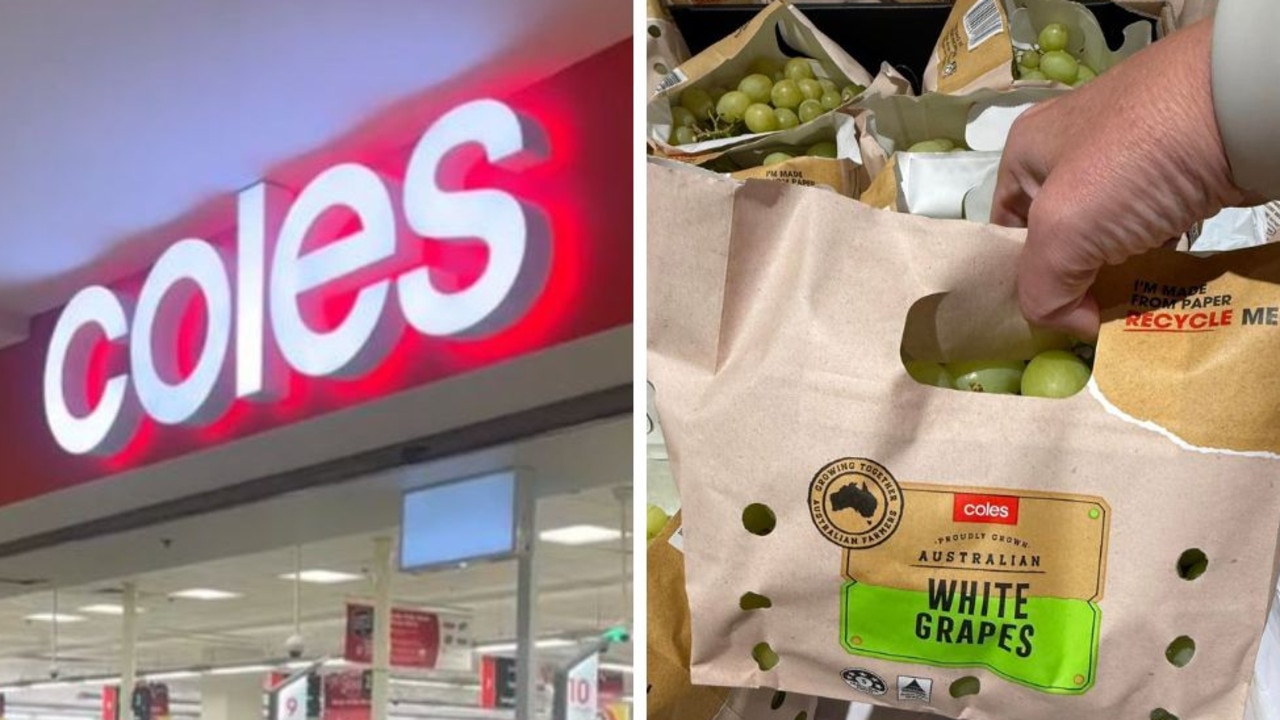Australia’s massive scale of food waste highlighted in confronting campaign tackling the issue
IT’S something we’re all guilty of but do you really know how bad this Australia-wide issue is? This photo will show you.
IT’S a confronting image created to shock us into action.
This is how much food waste Australia produces each year — a whopping $20 billion — and what the iconic Sydney Harbour would look like if that’s where the mess ended up.
Instead it goes to landfill when it could be being reused or rescued and provided to those in need.
That’s 5.3 million tonnes in landfill — and yet more than 3.6 million Australians experience food insecurity.
Food rescue charity OzHarvest wanted to create a video to get the startling message across once and for all, because often the simple statistics aren’t shocking enough despite being the most relatable.
Half of our $20 billion in food waste happens at home — and that’s more than $1000 worth of groceries a year.
A third of our waste at home also comes from food, and people admit on average about 13 per cent of their weekly grocery shop is being thrown away.
That’s nutritious fruits and vegetables, bread, bagged salad and leftovers that could have been composted in the garden, or if they are disposed of at a supermarket, given to food rescue.

For World Environment Day tomorrow, OzHarvest has launched its new campaign to Fight Food Waste, targeting the biggest culprits — everyday Australians.
Collectively we are the ones who waste more than supermarkets, restaurants, manufacturers and farms combined.
But the good news is the problem can be easily avoided and according to new research by the charity and Southern Cross Austereo, more than 90 per cent of Aussies say they are passionate about reducing their food wasted with many seeing it as a waste of money.
OzHarvest Founder and chief executive, Ronni Kahn, said consumer awareness and education was one of most important solutions.
She said with a national target to halve food waste by 2030, change was required at levels of society, but started at home.
“Food is so precious, wasting it makes no sense — economically, environmentally and ethically — but we all do it,” she said.
“From forgetting about food in the fridge, buying and cooking too much, letting it expire and not storing it properly, there are so many reasons good food ends up in the bin.
“The statistics are staggering but the solutions are simple and there is no greater force than people power.”
Consumers are encouraged to join the movement at the new OzHarvest website, which
offers practical tips on how to prevent food waste when you “Look, Buy, Store and Cook”.
The campaign has also been developed to support the release of the independent documentary
film Food Fighter featuring Ronni Kahn which follows her journey to tackle food waste. It will be in cinemas from June 7.




